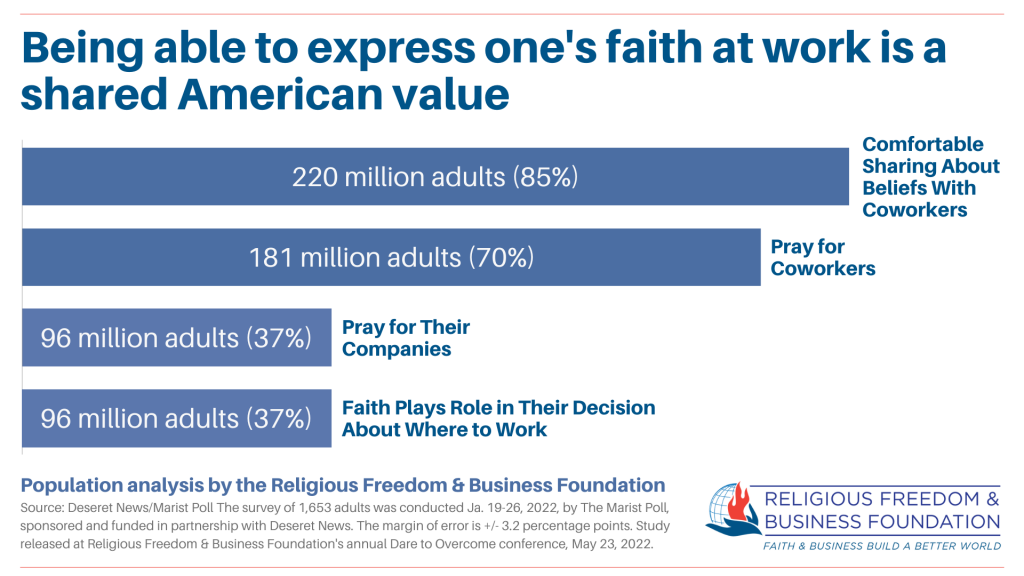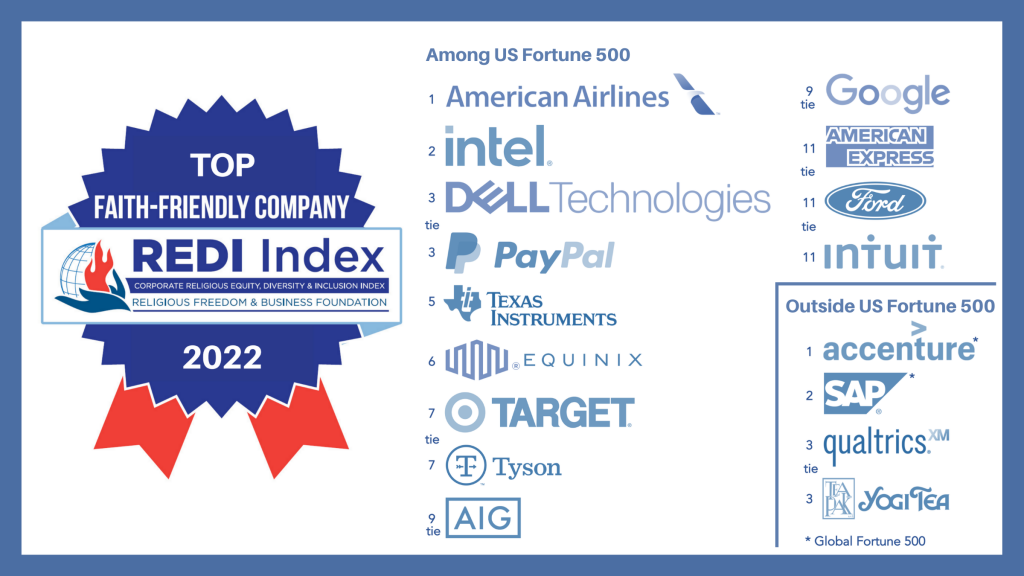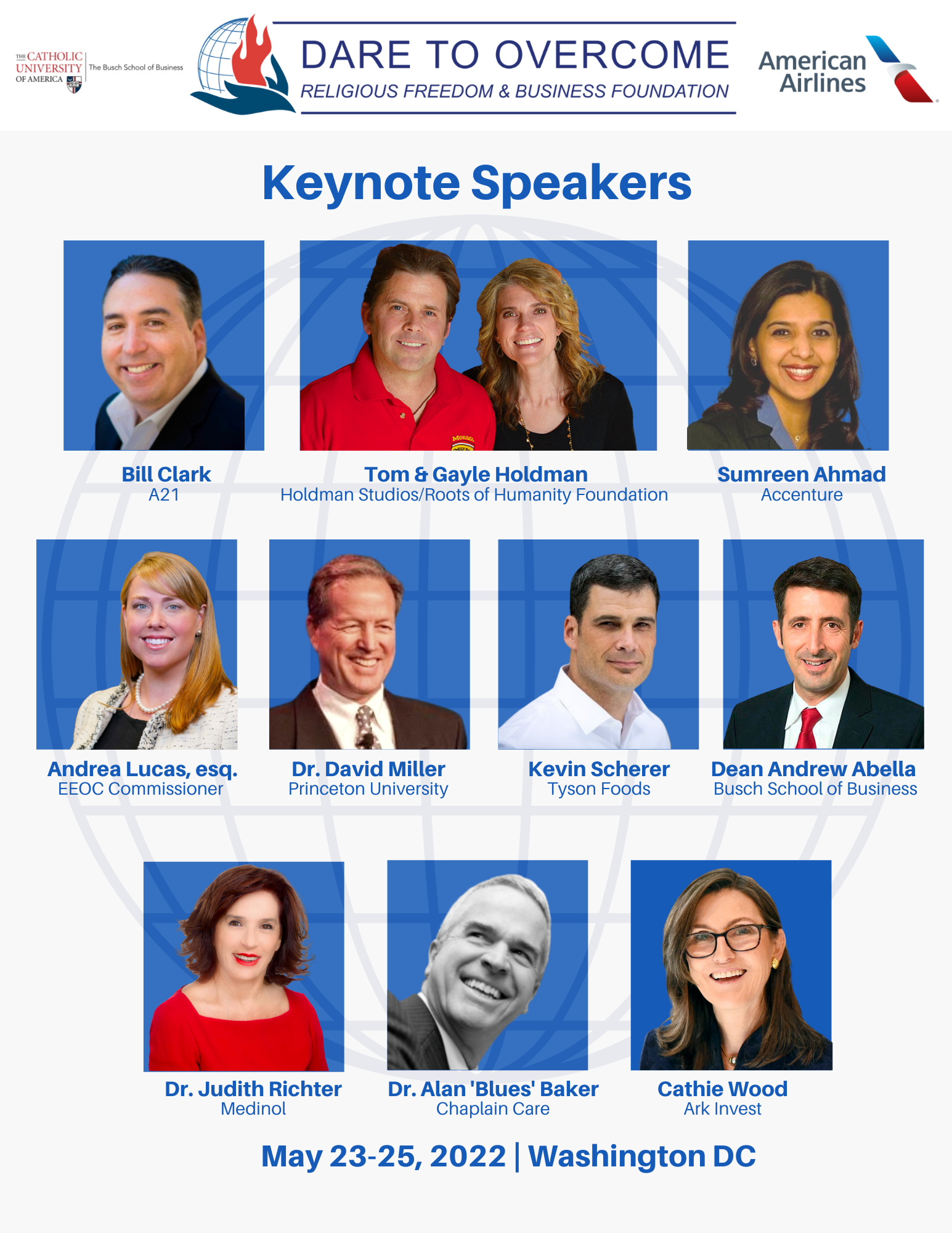
by Steven A Hitz. Steve is a co-founder of Launching Leaders Worldwide. Launching Leaders, a partner of Religious Freedom & Business Foundation, has engaged participants in 60 countries on six continents through a faith-based personal leadership curriculum which empowers participants everywhere. This is part of our ongoing blog series, Authenticity & Connection.
So much information bombards our minds these days. We absorb more information than ever before. Let me re-phrase that. We are fire hosed with more information than ever before, but we actually don’t absorb any more – UNLESS – I’ll get to that in a moment.
In my early married life I had a job at a bentonite factory. I swept the floor from one end of the plant to the other. I would dutifully sweep in one direction, only to look back and see about the same amount of dust had accumulated on what I had just swept. Then I would turn around and repeat the process.
I hated that job. But in my mind it was a means to an end.
After a particular hard day at work I walked out from the plant in boots and mud and my wife picked me up. She announced as I hugged her, that she was pregnant with our first child, AND, there was no way she was having our baby in Lovell, Wyoming. At that moment I became acutely aware of my situation and my responsibility as a husband and future father, and I made a conscious decision. Just like Jed Clampett, we loaded up the truck and moved to California.
It was that experience that pushed me forward, out of that plant and into something that caused me to evolve.
Dr. Roger K. Allen, an expert on personal transformation, says we are not “locked in to earlier decisions; re-deciding requires that you be aware, take responsibility…and then act from a conscious decision.” The writer James Baldwin opined “Not everything that is faced can be changed, but nothing can be changed until it is faced.”
The process of moving forward with intention, regaining focus and purpose, or in other words evolving, is not an easy process. Evolving, rather than running on the same hamster wheel all day and repeating, requires intentional decisions. Intentional decisions require focus. HOW to focus amid all the information and distractions is the question. Here are a few observations that may help.
Four Steps To Achieve Greater Focus and Purpose:
1. Limit the intake. Limiting the intake from the firehose of information available brings with it the usual dangers of detoxing from any other addictions. Often a chasm forms that must be bridged to move forward. It seems like an oxymoron at first, limiting the intake to move forward. Let me explain.
I had one of the very first car phones (before personal cell phones). Proudly mounted on my dash, it was a small phone booth-type telephone inside my car. The world became smaller.
This was the beginning, I’m almost embarrassed to say, when the world of instant data coming from all directions was not only addicting for me, but it filled the voids of my own loneliness. My focus diminished, but my knowledge of many things was expansive. I joined the hollow world of becoming a star in my own space. I was a “big deal,” and this mounted phone booth in my car proved it.
This self-made blanket of security, which built each year to circa 2015, was suddenly ripped away when I was fired from the company I had built and sold, exposing me to the real world and causing within me an identity crisis. It would, however, become an opportunity for growth and self-reflection. My cocoon of self-made narcissism had to be cracked open to let the butterfly within me get wings to fly.
Limiting our intake of the noise surrounding us is key to learning the art of focus. It might take a sudden reality adjustment. But the process of detaching from the daily firehose must start. If we can discipline ourselves regarding this intake of information and fake self-worth, we can then absorb the best life has to offer. For example, putting the cell phone down for dinner with the family, a movie, or a drive with your loved one is a small but important start. Even in church, I observe many people on their cell phones during the service. How did we get here?
Any detox has withdrawals and challenges. But control over the intake is key to evolving and not repeating the same processes of reaching for information every few seconds. Being unplugged makes the brain think again and the initial blank space is soon populated with the color of a new palette.
2. Learn the art of focusing. A recent study found that the average American college student switches tasks every 65 seconds. Adults in an office can only stay on a task for three minutes. This challenge of focus has been going on for centuries, but it has been accelerating in our time. In Johann Hari’s best-selling book Stolen Focus, he wondered if the motto for our era might be “I tried to live, but I got distracted.” He notes that Professor Michael Posner at the University of Oregon found that if you are distracted, it takes on average 23 minutes to return to that focus. How many times are you distracted in a day? How many minutes are lost?
Understand that “multi-tasking” is a myth. It was invented to help computers. But then it was applied to humans, thinking it would be successful. Professor Earl Miller at MIT discovered through his research that we can only focus on one or two thoughts in our conscience mind at once. It was found in a study commissioned by Hewlett-Packard, that multi-tasking, can lower your IQ by more than ten points. This practice of multi-tasking is also referred to as “switching.” If you do this, you will be slower, make more mistakes, be less creative, and remember less of what you ought to be focused on.
3. Slow the roll. Guy Claxton, a professor of learning sciences at the University of Winchester, analyzed what happens to a person’s focus if they deliberately engage in practices such as yoga, meditation, or other like practices that, as he puts it, “shrink the world to fit our cognitive band width.” Slowing our roll nurtures attention and focus, while adding speed shatters it.
I recently joined a group on a sailing trip. Our cell service was spotty, and we were “forced” to slow our roll. What happened? We visited, we read, we had meals together, and played card games at night. We had time to star gaze and ponder life. We nurtured things that otherwise were lost in our hamster wheel world. While sailing, it was impossible to multi-task as our attention was focused on the wind, the sails, the charts, and all that is required to not become shipwrecked. It was a detachment of real proportions from the world we live in. Magic happens when we slow the roll. We gain focus, get smarter, and gain a portion of this asset we call uninterrupted time.
4. Remove the mask and reveal yourself. You cannot evolve behind a façade. Our social media world creates a nagging sense of hollowness. As you detach from social media’s intended addictive conditioned behaviors, and your detox begins, it can create an absence of meaning. My friend who put himself through this detox found that the lack of all the texts, instant messages, emojis, likes, hearts, etc. were devastating—initially. Gradually, without the social web there to tell him how wonderful he was, he realized the shallowness of the substance he had previously counted strongly toward his self-worth.
We will continue this idea of increasing focus and purpose in part two of this series as we learn more about evolving, gaining focus, and purpose. Until then, if we can gain 20 percent more focus and become more fulfilled and happier as a result, isn’t it worth the effort?

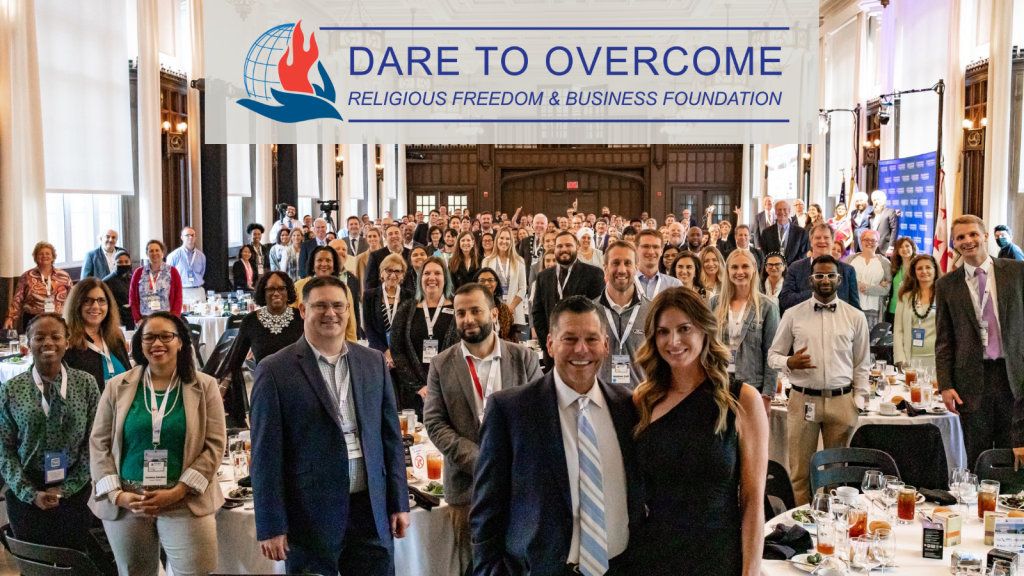




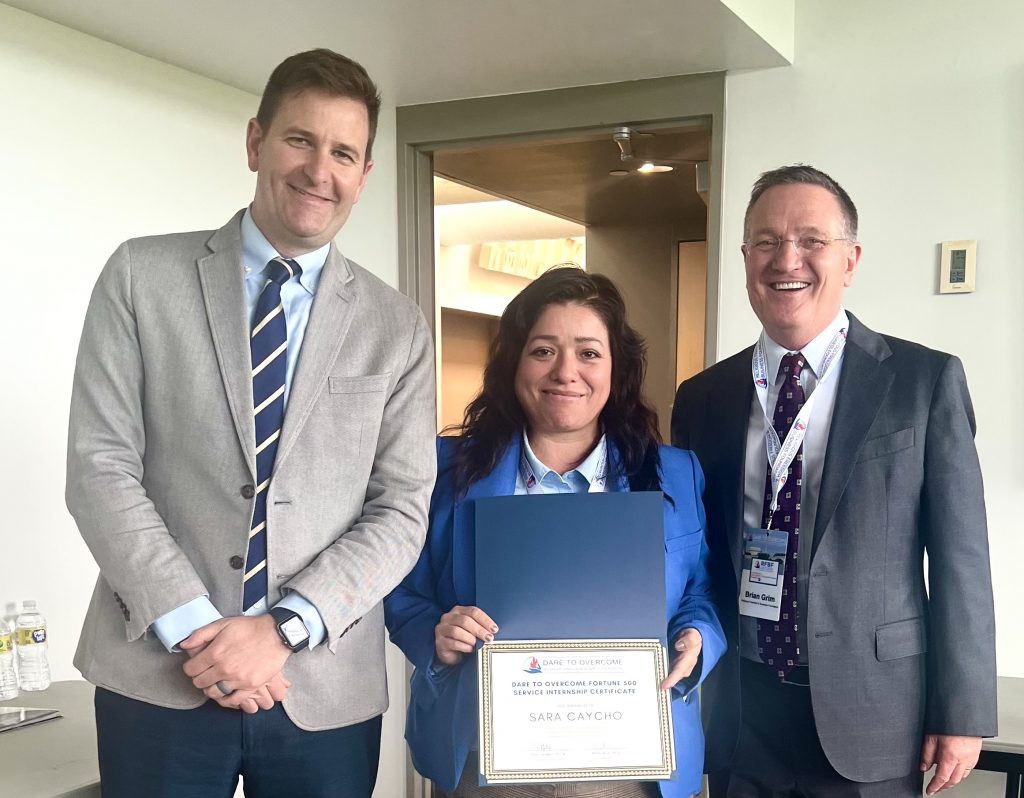 I was preparing some material for a workshop about Religious Freedom and the laws.
I was preparing some material for a workshop about Religious Freedom and the laws.
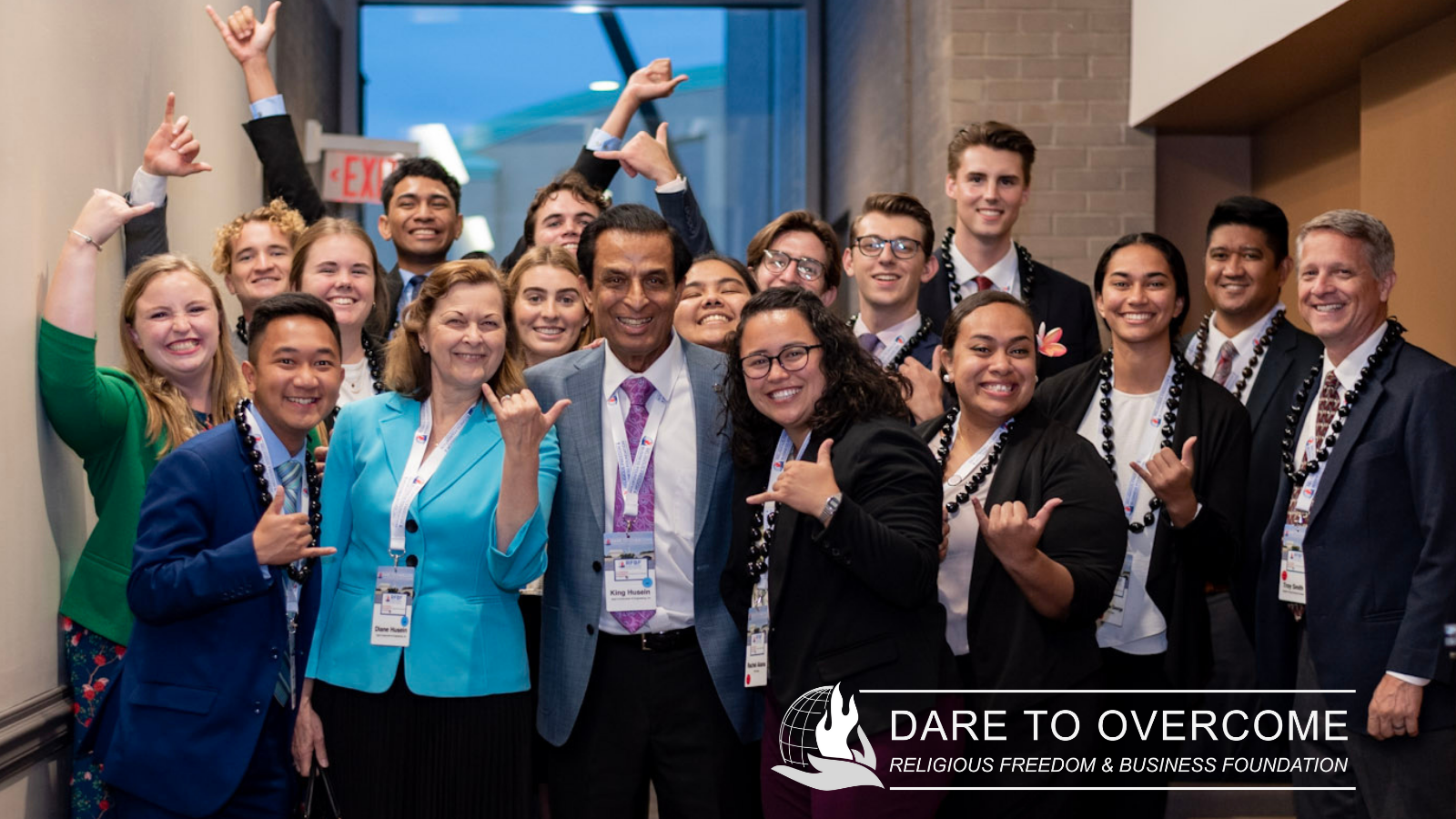

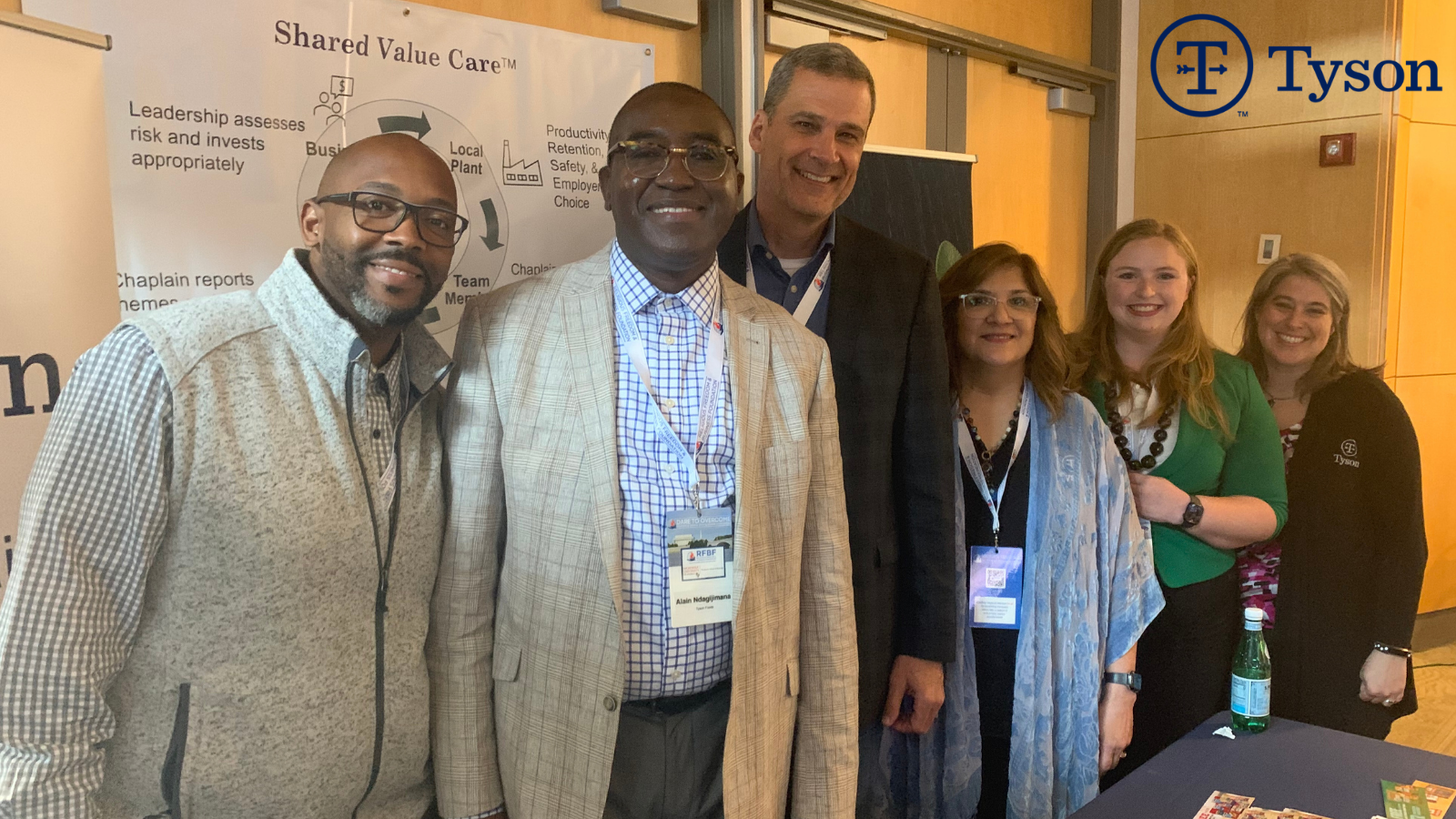 The event, featuring keynote speakers, roundtables, panels, and multiple exhibits highlighted three powerful elements for the promotion of religious freedom in the workplace, employee resource groups (ERGs), chaplaincy, and acceptance. ERGs allow associates to connect with their coworkers who share their experiences, whether it be a belief system, an experience, or a disability. ERGs are essentially support groups within companies to ensure people understand they are not alone. Chaplains serve a similar role, but they have a position dedicated to the spiritual and mental wellbeing of their coworkers. Providing that resource for employees communicates a realization of their being individual people with full, complete, and nuanced lives. During the conference, Chaplain Alain Ndagijimana from Tyson Foods emphasized the role of chaplaincy when he said, “What is not transformed is transmitted,” meaning that the struggles employees face in their personal lives, whether they be familial, financial, spiritual, or otherwise, still exist when they come to work. What a chaplain can do is help their coworkers take those challenges and transform them, rather than transmitting it into lower productivity or poor work product.
The event, featuring keynote speakers, roundtables, panels, and multiple exhibits highlighted three powerful elements for the promotion of religious freedom in the workplace, employee resource groups (ERGs), chaplaincy, and acceptance. ERGs allow associates to connect with their coworkers who share their experiences, whether it be a belief system, an experience, or a disability. ERGs are essentially support groups within companies to ensure people understand they are not alone. Chaplains serve a similar role, but they have a position dedicated to the spiritual and mental wellbeing of their coworkers. Providing that resource for employees communicates a realization of their being individual people with full, complete, and nuanced lives. During the conference, Chaplain Alain Ndagijimana from Tyson Foods emphasized the role of chaplaincy when he said, “What is not transformed is transmitted,” meaning that the struggles employees face in their personal lives, whether they be familial, financial, spiritual, or otherwise, still exist when they come to work. What a chaplain can do is help their coworkers take those challenges and transform them, rather than transmitting it into lower productivity or poor work product.